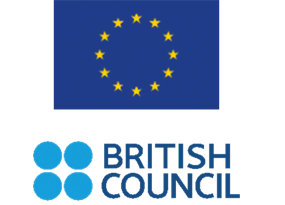
The Strengthening Resilience - MENA II (SR2) programme is funded by the European Union and delivered by a consortium led by the British Council. It began with a pilot in 2015 until January 2021. It was under implementation in Lebanon, Morocco, Tunisia and Jordan. The programme in Lebanon constitutes of two components.Component 1 supports the government on national consultations, action planning, communications, stakeholder’s management, and youth surveying. 10 entities work under the Component 1 framework.Component 2 involves building individual resilience and sense of citizenship of youth, engaging them in community development and enhancing their role in political participation through training, simulation, and social action projects, in partnership with the civil society and local networks. 10 civil society organizations work in partnership with Component 2, through the newly-established Shabeb Act programme.Shabeb Act project that involves building individual resilience and sense of citizenship of youth, engaging them in community development and enhancing their role in political participation for the objective of strengthening the resilience of individuals and communities against extremist narratives and reduce the appeal of violent extremist groups through working with Civil society organisations.